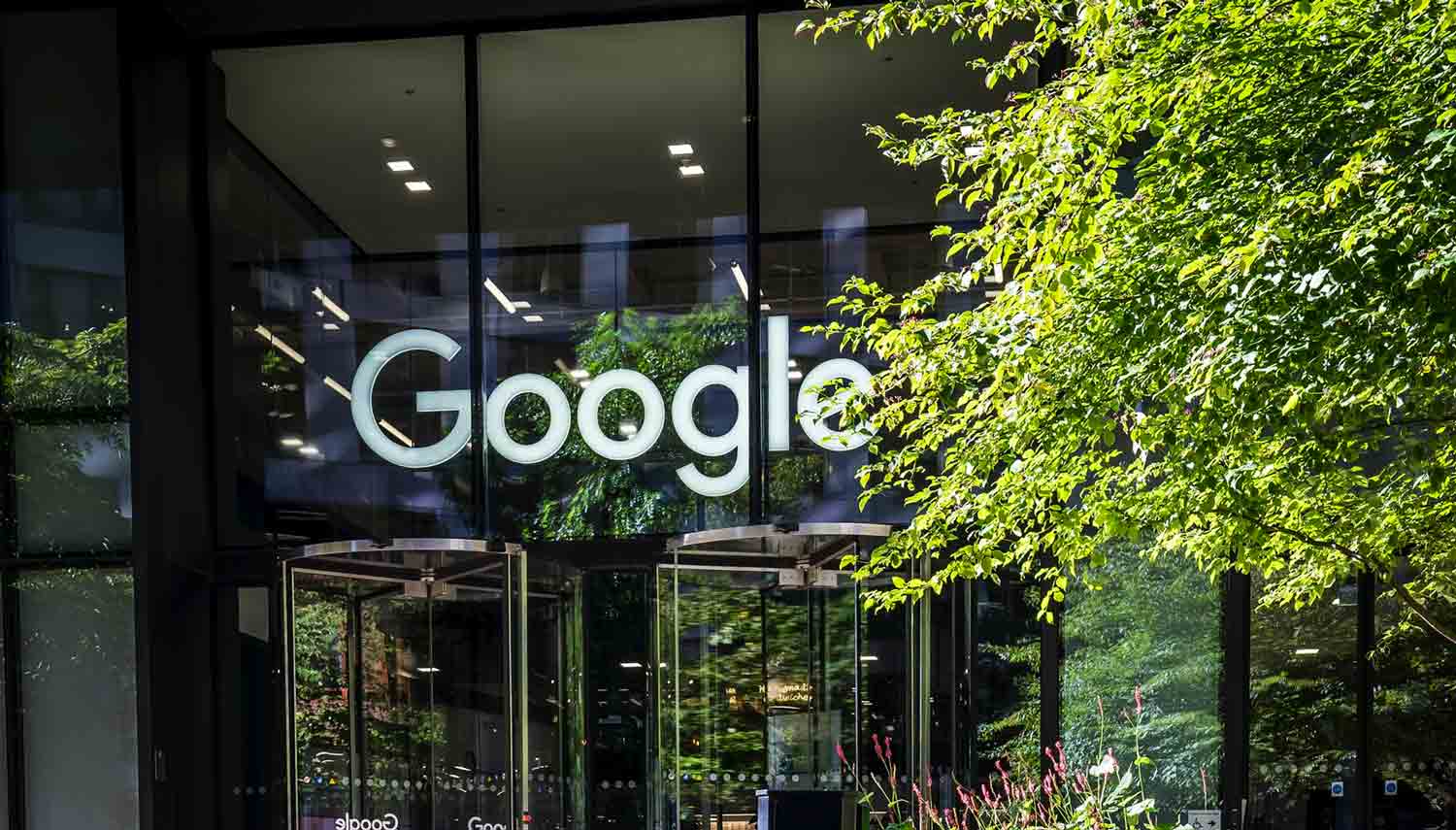

Artificial Intelligence (AI) is an ever-expanding technology that holds immense potential to transform various aspects of our lives. From self-driving vehicles to medical diagnoses, AI has already found a multitude of applications. However, despite its promise, it also faces certain challenges. This article aims to shed light on these challenges and explore ways to overcome them to harness the full potential of AI.
One major hurdle for AI is the limited understanding of its inner workings. AI is a complex field that is still in its infancy, leaving much to be discovered about its mechanisms. This lack of knowledge can lead to unexpected outcomes and difficulties in predicting AI’s behavior in specific scenarios. Hence, obtaining a comprehensive comprehension of AI is crucial before venturing into its practical applications.
Another challenge in AI lies in formulating accurate algorithms capable of interpreting data. Algorithms serve as the backbone of AI, enabling it to make informed decisions and take appropriate actions. However, effectively deciphering complex and diverse data can be quite challenging. Consequently, designing and testing AI algorithms with care becomes necessary to ensure accurate data interpretation.
Furthermore, creating algorithms that learn from experience poses an additional obstacle in the realm of AI. To enhance performance, AI algorithms must be capable of deriving knowledge from their past encounters. This, however, proves to be difficult due to the intricate and wide-ranging nature of data. Consequently, thorough design and testing are vital to ensure accurate interpretation and subsequent learning from experiences.
Lastly, generalizing from experiences presents another challenge for AI algorithms. In order to accurately interpret new data, algorithms must possess the ability to apply learnings from past encounters to novel situations. Yet, given the complex and varied nature of data, achieving this generalization capability is no simple task. Once again, meticulous design and testing become imperative to enable accurate interpretation and generalization.
To overcome these challenges, a comprehensive understanding of AI and its inner workings is paramount. Additionally, a profound comprehension of the data that AI algorithms interpret is crucial, warranting careful design and testing of these algorithms. Equally important is grasping how AI algorithms learn from experiences and generalize to seamlessly interpret new data.
By understanding and surmounting the challenges AI presents, we can fully exploit its potential to revolutionize our lives and work. While AI holds tremendous promise, its limitations can only be overcome by investing in research and development alongside a deep understanding of its intricacies. Only then can we unlock the true power of AI and embrace its transformative potential.
Related Posts




